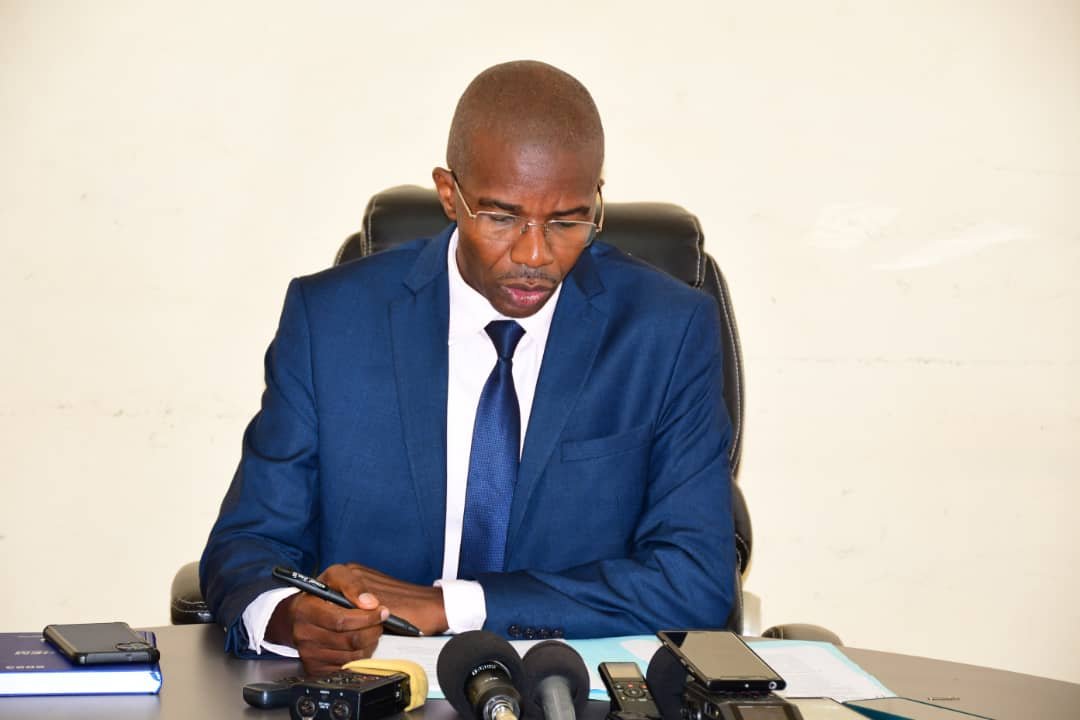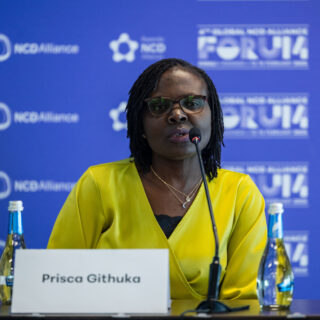
The minister of agriculture announced the construction of a second fertilizer factory in Gitega Province. It was in his Monday press conference intended to highlight his ministry’s first-semester accomplishments for the budgetary year 2022–2023. Is the current fertilizer shortage at its end?
Failure of FOMI – unique fertilizer factory currently operating in Burundi -, to meet the needs of the population in terms of fertilizer is the main factor that presided to the need of establishing another new factory.
In essence: farmers’ complaints that they receive insufficient amounts of fertilizer that also arrives late, despite having paid the full cost long before, were one of the topics that frequently appeared in the media last year.
The President was compelled to take action to put an end to what he called a “speculation” by the authorities and distributors involved in fertilizers to sell them later at high prices while the product benefits from state subsidies.
However, Manyange Hérménegilde, the deputy head of the FOMI, stated at a press conference on January 11, 2023 in Bujumbura that the lack of foreign currency used to import the required raw materials was the real reason for the factory’s inability to supply fertilizers.He then implored the banks to give them a hand in making the processes for acquiring foreign currencies simpler. For those, linking those disruptions with the launching in 2021 of a FOMI branch plant in Tanzania, he said there was no link at all. In fact, in July 2021, the firm launched operations in Tanzania at 200,000 tonnes annually. The factory based in Tanzania now employs 972 people.
FOMI “Fertilisants Organo-Mineraux” subsidiary of ITRCOM company, launched in 2019, manufactures fertilizers and agricultural lime. Its target is to back food security policies by supplying fertilizers. FOMI’s raw material is 65% local and consists of organic manure and dolomitic limestone. The remaining 35% of chemical fertilizer is imported mostly from Russia.
The 2020 environmental, agricultural and livestock policy document states that the agricultural sector is of great importance to the Burundian economy, as it contributes 39.6% of GDP, provides 84% of jobs and supplies 95% of the food supply.



